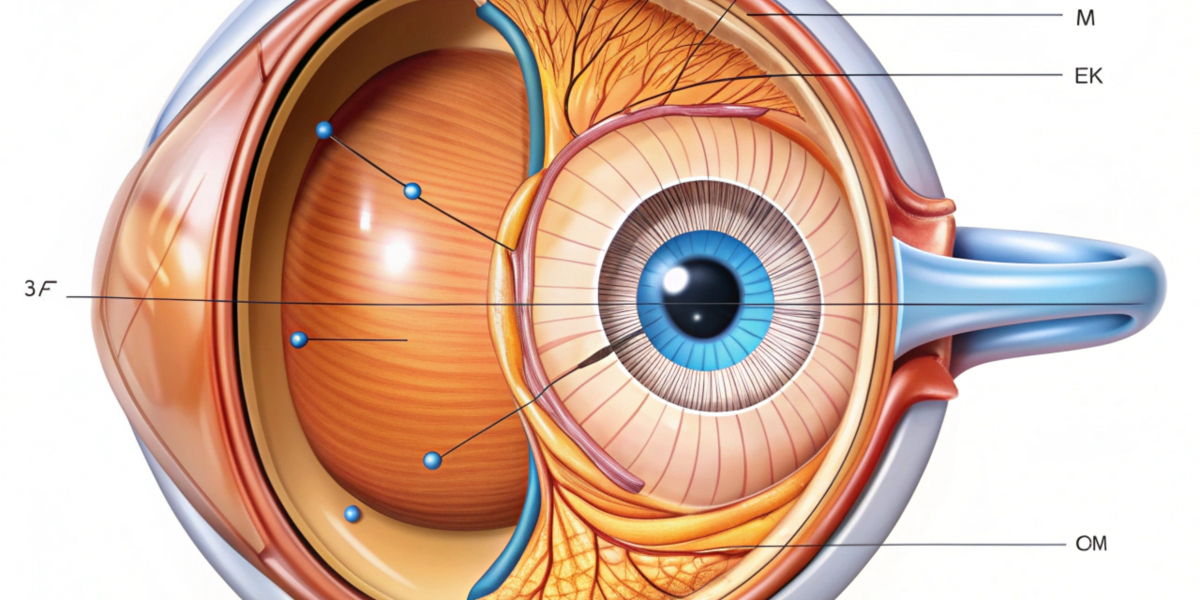What Causes Glaucoma?
The most common type of glaucoma is open-angle glaucoma, where fluid in the eye doesn’t drain properly, causing a buildup of pressure. Over time, this pressure damages the optic nerve. Another type, angle-closure glaucoma, occurs when the drainage angle becomes blocked, leading to a sudden increase in eye pressure. This type of glaucoma is a medical emergency and requires immediate attention.
While anyone can develop glaucoma, some factors increase the risk:
- Age (over 60)
- Family history of glaucoma
- High intraocular pressure
- African, Hispanic, or Asian descent
- Certain medical conditions, like diabetes or hypertension
Prevention: The Importance of Regular Eye Exams
The best way to prevent glaucoma from progressing is through early detection. Since glaucoma often has no symptoms in its early stages, regular eye exams are essential for catching it early, especially if you’re at higher risk. During an eye exam, your Kannur eye specialist can measure your eye pressure and assess your optic nerve to detect any signs of damage.
Adults over 40 should have a comprehensive eye exam every 1-2 years, while those with risk factors should be monitored more frequently. Early detection can prevent significant vision loss by allowing your doctor to begin treatment before the disease advances.
Managing Glaucoma: Treatment Options
Although glaucoma cannot be cured, there are effective treatments to manage it and prevent further vision loss. The primary goal of treatment is to lower intraocular pressure (IOP) to prevent optic nerve damage. Common treatment options include:
Eye Drops: These are often the first line of treatment and work by either reducing the production of fluid in the eye or increasing fluid drainage to lower IOP.
Oral Medications: In some cases, your doctor may prescribe oral medications to reduce eye pressure.
Laser Therapy: Laser treatments, such as laser trabeculoplasty for open-angle glaucoma, help improve fluid drainage from the eye and lower pressure. For angle-closure glaucoma, laser iridotomy can create a small hole in the iris to improve drainage.
Surgery: If medications and laser treatments aren’t effective, surgical options like trabeculectomy or minimally invasive glaucoma surgeries (MIGS) can be used to create new pathways for fluid drainage.
Your eye specialist in Kannur will work with you to determine the best treatment plan based on the type and severity of your glaucoma.
Protecting Your Vision: Lifestyle Tips
In addition to medical treatment, certain lifestyle adjustments can help protect your vision if you’re at risk for or diagnosed with glaucoma:
- Exercise Regularly: Moderate exercise, like walking or swimming, can help lower eye pressure.
- Follow Medication Instructions: If you’re prescribed eye drops or medication, be sure to use them as directed to keep your IOP under control.
- Protect Your Eyes: Wear protective eyewear during activities that may result in injury, as trauma can increase the risk of developing glaucoma.
- Maintain a Healthy Diet: A diet rich in leafy greens, fruits, and omega-3 fatty acids can promote eye health and reduce inflammation.
Conclusion: Early Detection is Key
While glaucoma can cause permanent vision loss, early detection and treatment can significantly slow its progression. Regular eye exams with a trusted Kannur eye specialist are crucial for identifying glaucoma in its early stages. By staying vigilant and following your doctor’s recommendations, you can protect your vision and maintain your quality of life.









